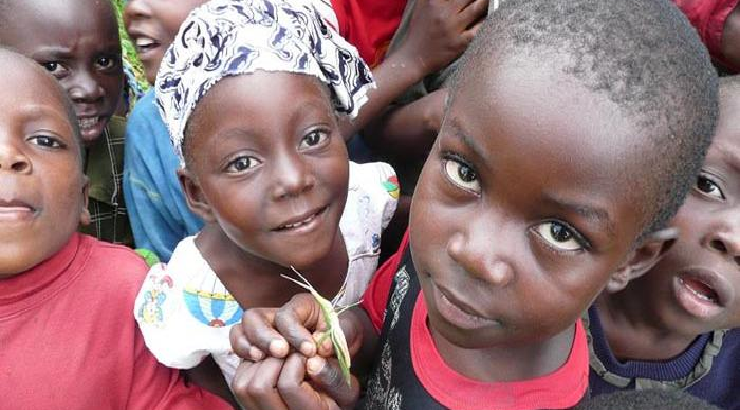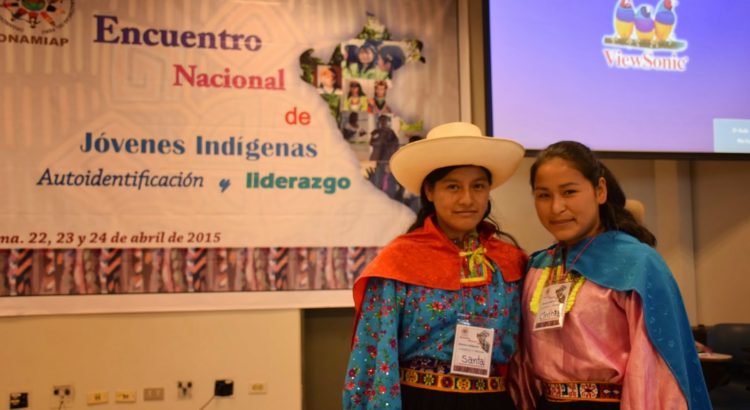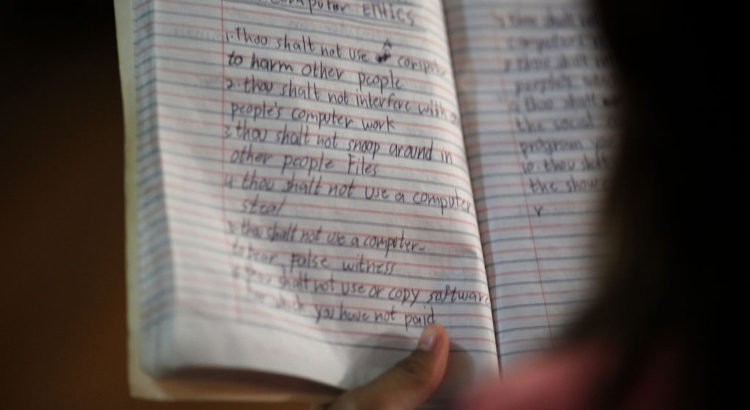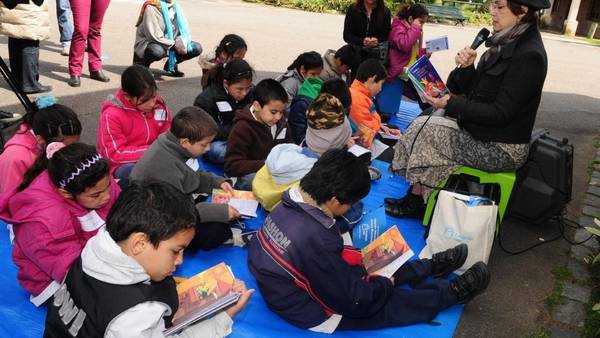Nigeria/17 de Octubre de 2016/Allafrica
Resumen: Nigeria: 13% de la población de los Lagos d no sabe leer ni escribir.
The Lagos State Government yesterday said 13 per cent of the state’s population estimated at 21 million, cannot read or write, thus positing that three million residents «are illiterate.»
However, the state government unveiled an adult literacy programme, which it said was designed to effectively educate three million residents who could not read not write within three years.
The state Governor, Mr. Akinwunmi Ambode, unveiled the programme tagged: ‘Lagos Is Learning’ at the Ikeja Police College, disclosing his administration’s strategic objective to achieve 100 per cent literacy by 2019.
Ambode, who was represented by the Deputy Governor, Dr. Oluranti Adebule, generously cited the statistics of the United Nations Educational, Scientific and Cultural Organisation (UNESCO), which put the total number of illiterates in the country at 54 million.
Citing the outcome of research the state recently conducted, Ambode said 13 per cent of Lagos population «cannot read or write. This amounts to three million residents. This level of illiteracy is unacceptable.»
The governor, thus, noted that the target of his administration on or before 2019 was «to raise the literacy level in the state from 85 per cent to 100 per cent within the next three years.»
He said he had mapped out strategies to achieve 100 per cent literacy level, noting that the adult education centres in the state «will be increased from 522 to 1,000, while additional 1,000 teachers will be engaged.»
He added that the programme would be free of charge for participants in order as «to accommodate more people. The population of illiterate is not consistent with our vision to become Lagos Africa’s model megacity.
«So, we are launching this project to kick illiteracy out of Lagos State. Our goal is to achieve 100 percent literacy in the state. Towards this end, we planned to increase the number of basic adult learning centres from 532 to 1, 000.
«We will also engage additional 1, 000 facilitators who would be trained in basic skills and techniques in the teaching of adult education. We multiply and diversify channels to improve literacy in the state.»
He, thus, noted that the state government «will strengthen relationship with various stakeholders both local and internationals in the state. I encourage residents of Lagos to take the opportunity to learn.
«It is never too late to learn; age is not barrier to acquire basic literacy. It will help the learners forge a better understanding between the government and the people and as well as aid personal development.»
Also at the unveiling, the Special Adviser on Education, Mr. Obafela Bank Olemoh said the initiative was aimed at improving the standard of living of adults without formal education and make them self-reliant and employable.
Bank-Olemoh said the initiative was also targeted at raising the level of literacy in the state from 85 per cent to 100 per cent in the next three years, calling on international and non-governmental organisations to partner with the state government to achieve the mandate of the programme.
Fuente: http://allafrica.com/stories/201610141011.html













 Users Today : 72
Users Today : 72 Total Users : 35459978
Total Users : 35459978 Views Today : 96
Views Today : 96 Total views : 3418561
Total views : 3418561